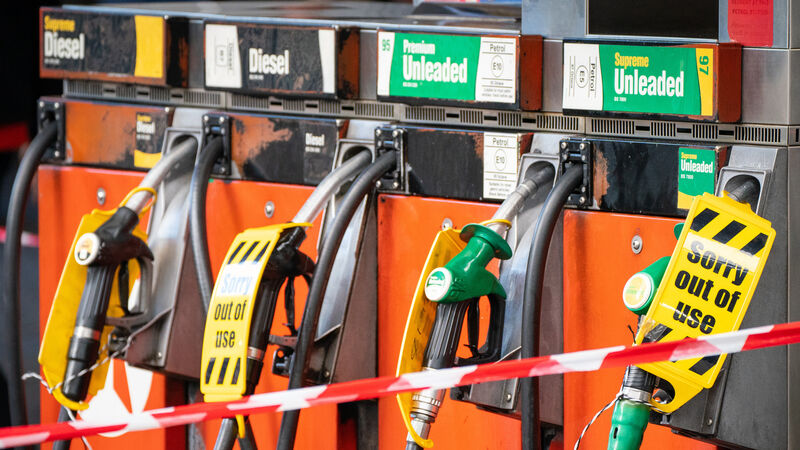No need for 'panic buying': Micheál Martin rejects prospect of fuel shortages

The Taoiseach moved to quell fears that the supply could become increasingly scarce over the coming months and advised people not to start panic buying
Taoiseach Micheál Martin has denied that there are fears of a fuel shortage this winter.
He moved to quell fears that the supply could become increasingly scarce over the coming months and advised people not to start panic buying.













